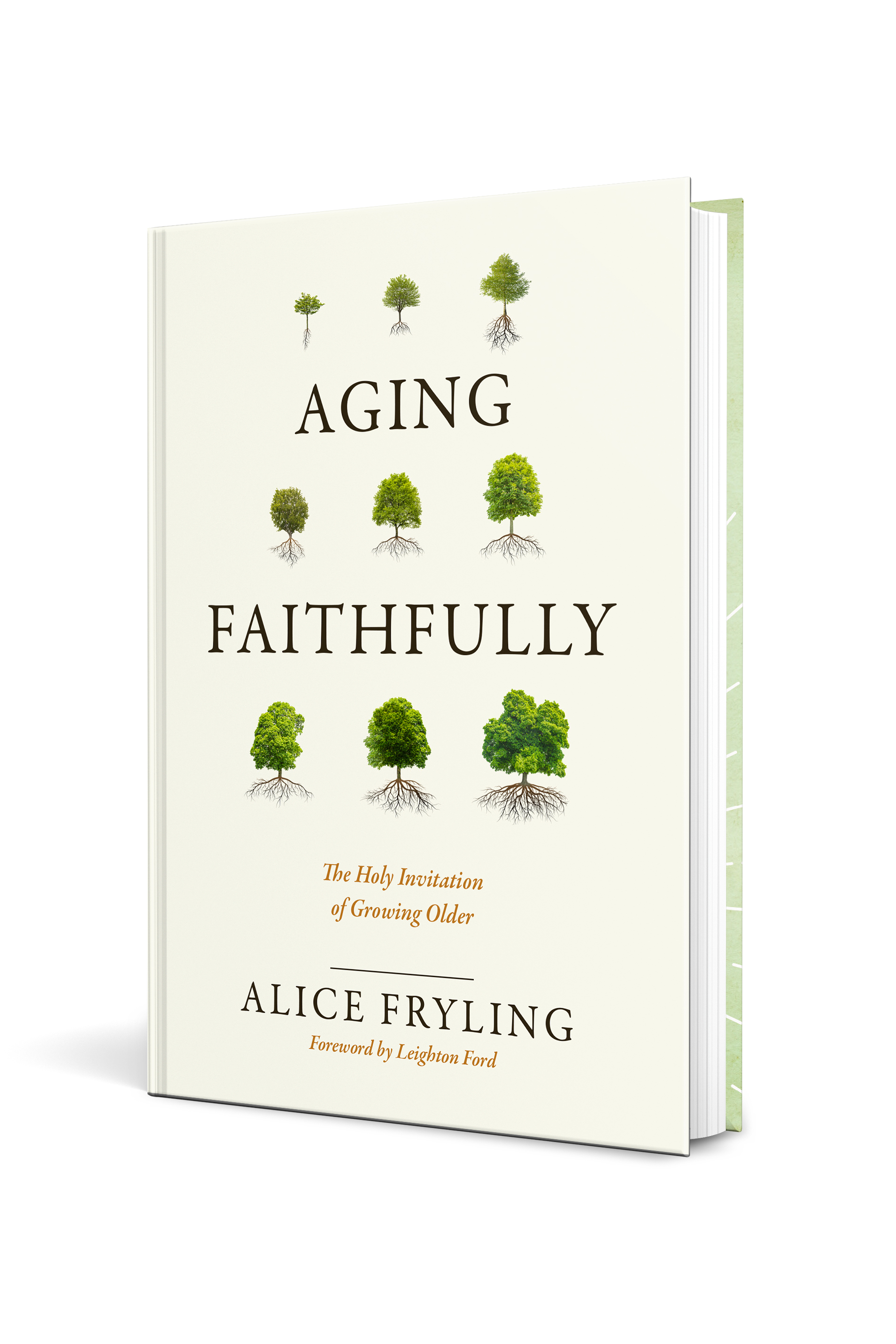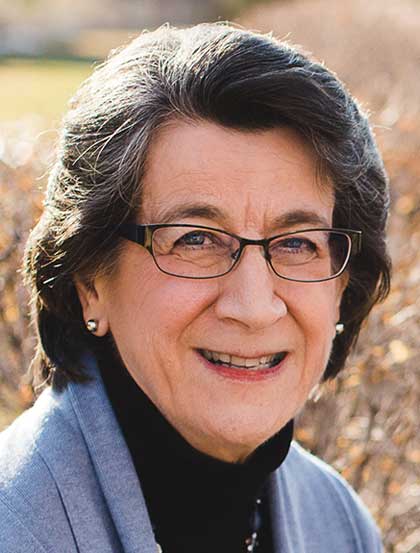Many years ago, I learned about the false self and the true self. I learned that everyone struggles with the tension between these two selves. The false self is the person we wish we were, the person we think we should be but aren’t. The false self is the person who wants to impress others with the gifts God has given us. We rarely know it, but the false self is ego driven and self-serving. The false self is defensive, protecting the image we want to project. The false self is full of pride. The reason we don’t recognize our false self is because, through our good works and holy behavior, the false self masquerades as an angel of light (2 Corinthians 11:14-15).
The true self, on the other hand, is the person God created us to be, full of God’s gifts, full of the talents God have given us, and full of God’s grace and love. Paul wrote that in Christ, we have “taken off [the] old self . . . and have put on the new self” (Colossians 3:9-10). This new self, John wrote, is “born not of natural descent, nor of human decision . . . but born of God” (John 1:13). Because the true self is created by God, it lives freely. It does not need to control things in order to protect a self-image. The fruits of the Holy Spirit seem to flow out of who we are, often surprising us.
The tension between the true self and false self has been with us throughout our lives, from young adulthood, through midlife, and into our senior years. And as we age, the false self grows old with us. I wonder if another purpose of the aging journey is to give us more time to recognize the egotistical lure of the false self in ways we could not see in our younger years. And as we age, we also have the opportunity to see the fruits of the true self, which were hidden in our younger years by the glitter of the false self. This will take a lifetime because the false self tells us lies and teaches us to lie. Jesus did not use the terms false self and true self, but he did talk about the lies of the Great Deceiver. He said to his followers, “If you hold to my teaching, you are really my disciples. Then you will know the truth, and the truth will set you free” (John 8:31-32). Those listening challenged him that they had never been slaves and did not need to be set free. He said (for our ears and for theirs), “Why is my language not clear to you? Because you are unable to hear what I say. You belong to your father, the devil . . . There is no truth in him. When he lies, he speaks his native language, for he is a liar and the father of lies” (John 8:43-44).
Strong words from the Son of God. They remind me that my own native language, the language of my false self, is full of lies I have believed for decades. And Jesus’ words remind me that I usually do not know that I am enslaved by these lies. But the truth will set me free if I can admit to the lies of my false self. Here is a short list of the lies I have lived with and bring into this season of life:
- I must be always right, correct, biblical, and proper.
- I can and must meet every need of those I love.
- God is waiting for me to shape up, use the right words in prayer, and grow into holiness before he will listen to me.
- I should always be frugal and efficient.
- If I am a good Christian, I will help in my church whenever needed.
- I should never, ever be angry, misinformed, tired, or weak.
- And I should never, ever disappoint God or those I love and respect.
The list could go on and on. Lies like this are so familiar to me, I usually don’t even know when I am believing them. Psychologist David Benner writes that “the false self is like the air we breathe. We have become so accustomed to its presence that we are no longer aware of it.”
The concept of the true self and the false self helps me understand the conundrum I felt early in my Christian life. When I was born again as a teenager, my false self was fighting me all the way. I didn’t know the terms false self and true self, but I knew that, as Paul wrote to the Romans, I had “the desire to do what is good,” but I could not carry it out; I could not do “the good I want[ed] to do” (Romans 7:18-19). My false self and my true self were at war with each other.
Recently I read again a passage from Galatians that meant a lot to me when I first became a Christian at the age of sixteen. This time I read the passage in a different translation. This new translation describes much of my experience of being born again in my senior years. Paul wrote:
I tried keeping rules and working my head off to please God, and it didn’t work. . . . I have been crucified with Christ. My ego is no longer central. It is no longer important that I appear righteous before you or have your good opinion, and I am no longer driven to impress God. Christ lives in me.
Galatians 2:19-20, MSG
I could not have embraced these truths, translated in this way, in my teenage years. I believed I had been crucified with Christ and that Christ lived in me. But I barely knew my ego. I didn’t know about the lies my false self believed. I didn’t know that I was desperate to appear righteous, please my peers, and impress others. But the physical diminishments of age have taught me much. For all of us, the aging process invites us to let go of false ways of looking at ourselves, at others, and even at our own faith practices.
In these precious years of growing older, the Holy Spirit wants to teach us that we do not need to keep our old and familiar self-made rules, we do not need to impress people, and we do not need to bow down to our ego. The Spirit whispers truth to us: The false self is crucified with Christ, Christ lives in us, and Christ loves others through us. This is Good News. As we experience the loss of the values of our false self, we discover a new self, a self that has been born again.




Normally I just delete Emails unless it’s one from a close friend I recognize. But this one, I felt “a nudge” to read. I’m glad I did. Very few ministries are geared towards the aging population. So this one blessed me. I will look into your site.
Hello, Linda! We are so glad that you enjoyed this excerpt from Aging Faithfully. If you would like to read more, you can purchase the book on our site: https://www.navpress.com//p/aging-faithfully/9781641583596